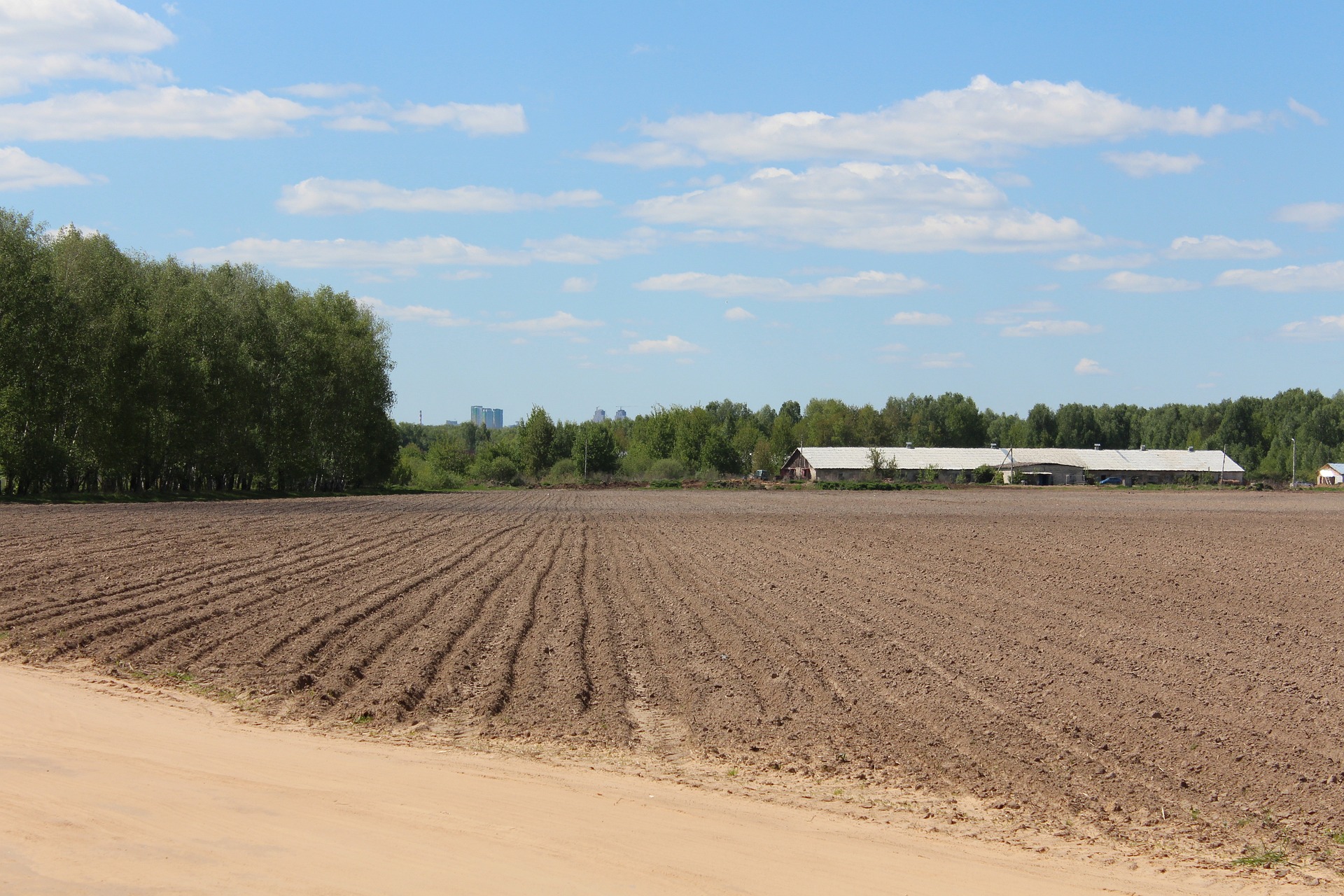
Farmland has been a valuable and sought-after asset for centuries. Investing in farmland can provide a stable source of income and diversification for investors looking to expand their portfolio. In this blog post, we’ll explore how to invest in farmland, as well as the pros and cons of this type of investment.
How to Invest in Farmland
- Determine Your Investment Goals: Before investing in farmland, it’s important to determine your investment goals. Are you looking for a steady source of rental income, or are you interested in purchasing and selling farmland for profit? Knowing your goals can help you make informed decisions about the type of farmland to invest in.
- Research Farmland Markets: Research different farmland markets to identify areas with potential for growth and profitability. Look for markets with strong demand and limited supply to maximize the value of your investment.
- Evaluate the Quality of the Farmland: Evaluate the quality of the farmland to ensure that it’s suitable for your investment goals. Factors to consider include soil quality, water availability, and topography.
- Work with a Professional: Investing in farmland can be complex. Work with a professional such as a land agent, lawyer, or financial advisor to help you navigate the process.
- Consider Financing Options: Farmland can be expensive, so consider financing options such as loans, mortgages, or partnerships to help you acquire and manage the property.
Pros of Investing in Farmland
- Stable Income: Farmland can provide a stable source of rental income, which can help diversify your portfolio and provide long-term growth potential.
- Tangible Asset: Farmland is a tangible asset that provides a sense of security and stability. It also has the potential to appreciate in value over time.
- Tax Benefits: Investing in farmland can provide tax benefits such as deductions for property taxes and depreciation.
- Inflation Hedge: Farmland can act as an inflation hedge because it’s a hard asset that can appreciate in value during inflationary periods.
Cons of Investing in Farmland
- Market Volatility: The farmland market can be volatile and subject to fluctuations in supply and demand. Changes in commodity prices, interest rates, and government policies can also impact the value of farmland.
- High Initial Costs: Farmland can be expensive to purchase and manage, requiring significant initial costs such as down payments, appraisals, and legal fees.
- Operational Costs: Farmland requires ongoing operational costs such as property taxes, maintenance, and repairs. These costs can impact the profitability of your investment.
In conclusion, investing in farmland can be a smart investment for those who are interested in a stable source of income and diversification. It’s important to do your research, evaluate the quality of the farmland, work with professionals, and consider financing options to make a sound investment. While there are potential risks and challenges involved, investing in farmland can provide long-term growth potential and a sense of security for investors.










